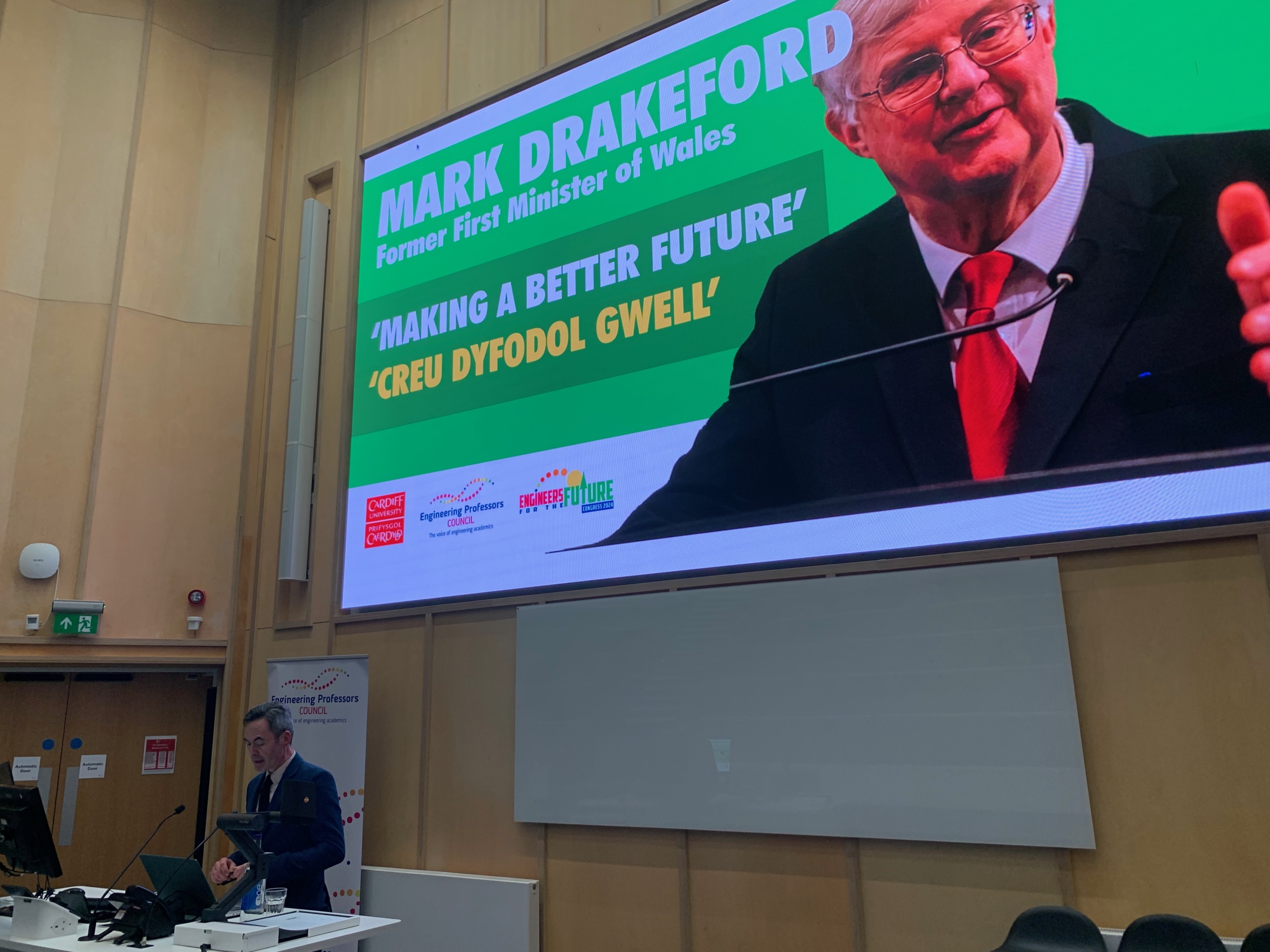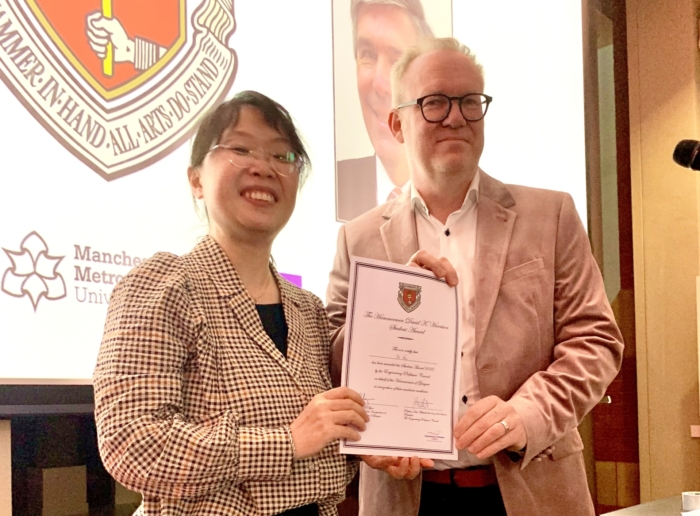Each year, Congress is hosted by a different institution, which, for those three days, becomes the epicentre of the UK’s academic engineering world.
Proposals are invited from higher education Engineering departments to host the Engineering Academic Network’s Annual Congress in 2026. The deadline for submissions has been extended to 15th November 2024.
The EAN Annual Congress is the flagship event in the EPC calendar, an opportunity for engineering academics from across the UK to come together to explore policy and practice and to network.
To submit a bid to host the Congress in 2026 or beyond, complete the form on this page below. Please read the submission guidelines and other information below first.

The Congress usually takes place in the summer term and runs from social events on the first evening followed by a day and a half of discussions, lectures and other activities.
- 2024: Cardiff University welcomed us to the heart of Wales to host Congress during the EPC’s 30th Year.
- 2023: Congress was held at NMITE’s stunning & sustainable Skylon campus with the theme ‘New Models’.
- 2022: UWE smased the return of in-person events, showcasing its multimillion pound curriculum-led engineering building and sustainability credentials.
- 2021: Congress took the Covid-safe form of a webinar series in 2021, launching a two-year theme “A better world” with a focus on ethics, sustainability and recovery.
- 2020: Sheffield Hallam’s agility enabled us to move online in response to the pandemic and was the springboard for our groundbreaking Crucible Project.
- 2019: UCL’s proximity to the seat of Government has allowed an amazing line-up of high-profile speakers on a range of policy issues at a time of historic challenges.
- 2018: Harper Adams University displayed its cutting edge status as a leading centre of agricultural engineering including automated farming and a range of off-road vehicles.
The host institution nominates an individual who will act as Congress Convenor. They will become a member of the EPC Board for three years (2026-28) and who, with support from the EPC executive team, will lead the organisation of the Congress, including determining the themes and scope for the Congress, and the speakers and events.
We are inviting bids to act as host for 2026 in the first instance. Alternatively, you can also specify for a future year.
- ‘External costs’: ie. costs that will genuinely have to be met, such as catering, external venue hire, student ambassadors, etc. The EPC would guarantee all these external costs and, if necessary, would pay them up-front. In any case, the EPC would be liable for these costs.
- ‘Internal costs’: such as staff who are already employed by the host. The host would guarantee these costs and, in the event that registration income was insufficient to meet them, the host would be liable for them.
- ‘Internal fees’: where the only cost to the host is a notional price that it sets internally – room hire, for instance. Once the two types of costs above have been met from revenue, 75% of any remainder may be used to defray the host’s internal fees and the other 25% will be due to the EPC to defray our internal costs and fees. After the host’s internal fees have been met, any surplus would be split equally.
The proposal should make it clear whether the host proposes to manages the bookings process and receive the registration fees or would prefer this to be handled by the EPC. If the host receives the fees, after the Congress it will be expected to provide a full account of income and expenditure (outlining the categories of expense as above, if that model is used). If the EPC receives the fees, the host may invoice the EPC for costs in accordance with the agreement. In either case, the host will be expected to agree with the EPC a full budget for the Congress at the earliest opportunity (and before substantial Congress planning) and would not be entitled to incur costs on behalf of the EPC outside the agreed budget without separate agreement. While the host will be responsible for setting the registration fees and packages for delegates, these must be agreed in advance with the EPC. These should not include a more than 10% increase on equivalent packages for the previous year. A significant number of places for early careers staff (not more than 5 years in an academic post) should be made available at the lowest possible rate (including, ideally, some complimentary places). In some years, the host has acted as a major sponsor of the event contributing to the costs or not passing on some or all of the costs it incurs. Any such support would be acknowledged and the EPC will seek to support the host’s objectives in sponsoring Congress. Any other sponsorship revenue will normally be retained by the EPC or used to offset the costs of running the Congress.




